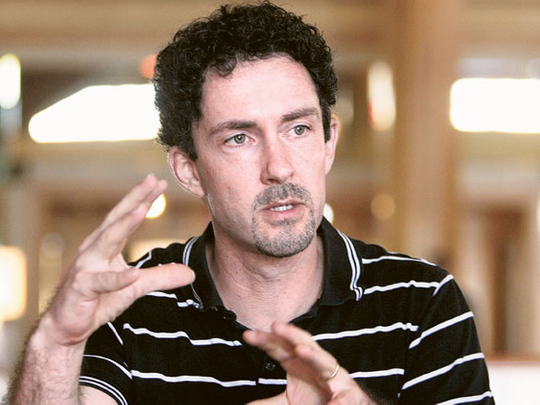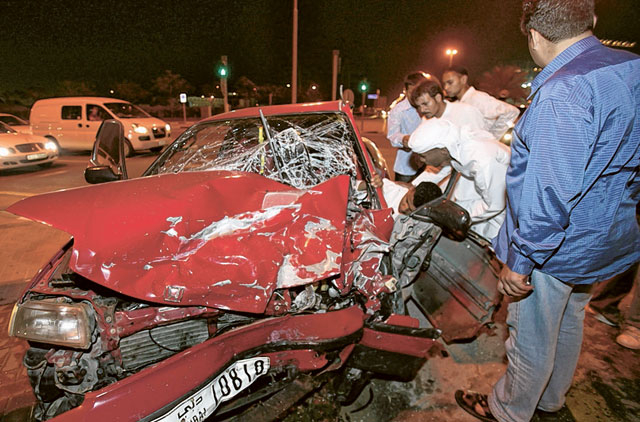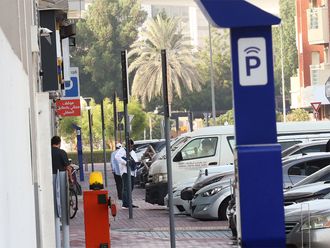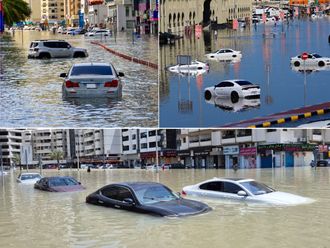
Dubai: A clash of diverse driving cultures could be one of the main reasons for the high incidence of road accidents in the UAE, says a road safety expert. "Most accidents in a multi-cultural environment like the UAE are a result of a clash of driving cultures of people who come from different countries," said Marco Blankenburgh, Managing Director of Knowledgeworkx, a global consultancy that educates people on inter-cultural intelligence (ICI).
"The reality is driving is not just a technical skill but also an emotional, psychological and cultural experience which we tend to ignore, causing problems on the roads," said the former trained ambulance driver,
According to Blankenburgh, there are three ‘colours' of world view evident on the roads. Those from countries like North America, Europe and Singapore wear their guilt-innocence glasses corresponding to what is wrong or right under the law, while those from the Middle East, parts of Africa, Asia and South America look through honour-shame glasses.
Fear-power play
There is a third set from tribal pockets of Africa, Asia and South America where a sense of fear-power also comes into play.
When two drivers of such diverse cultures come together, a double monologue is started where nobody really understands one another, he says.
Those with a guilt-innocence mind-set assume that everyone knows and follows the rules. They would, for example, never change the lane at the last minute or expect others to do it either. They would leave the prescribed two-car space between vehicles so there is enough room to wedge into the highway.
But such an approach may not always work in countries in the Middle East, Asia and Africa as cultural values revolve round a sense of shame and honour, where relationships matter and the rules of engagement are more flexible. "Wanting to get your way with another driver here may require that you take permission, play the underdog by making eye contact, using your hands or nodding your head," says Blankenburgh.
"Nothing here is written down. Everything depends on the situation, who you are dealing with and what would be the most honourable thing to say or do at a particular point of time," he says. Similarly, those reared in a power-fear environment learn to assess who is the more powerful in a given situation and how to deal with that power.
On the one hand, says Blankenburgh, is the driving sense that each person brings from his own country. On the other are the local rules which are often misinterpreted. What we need is an acceptable form of behaviour, a ‘third culture', to reduce accidents, he adds.
Asked whether drivers with Western licences, who automatically get a driving licence in the UAE, should also have to take driving classes, he said, "Protocol standards taught through driving tests do help. But our attitudes are psychological, emotional and cultural. There has to be a more common agreement on what is acceptable on the roads."
"Drivers should create new cultural spaces for a win-win solution by anticipating, correctly interpreting and adjusting to the cultural habits of others."












